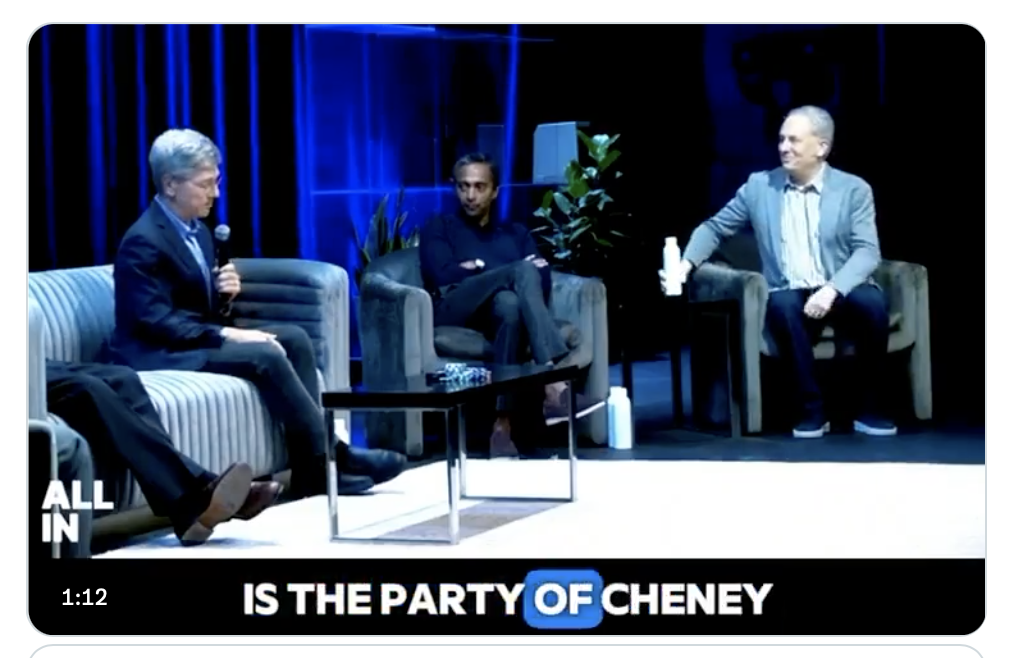What is the “Deep State”? No one exemplifies this reality more than Victoria Nuland. To understand and acknowledge the deep state is to recognize the primary tectonic plate of the US, the thing that drives our constant warmongering, our interference with the governance of other countries, our constance forceful confiscation of the natural recesses of other countries and the ubiquitous censorship that is preventing you for seeing all of this for what it is.
Jeffrey Sachs
I think it’s obvious there’s basically one deep state party, and that is the party of Cheney Harris, Biden, Victoria Nuland,–my colleague at Columbia University now– and Nuland is kind of the face of all of this, because she has been in every administration for the last 30 years. She was in the Clinton administration, wrecking our policies towards Russia in the 1990s. She was in the Bush Administration, Jr, with Cheney, wrecking our policies towards NATO enlargement. She was in then the Obama administration as Hillary’s spokesperson first, and then making a coup in Ukraine in February 2014, not a Great move, started a war. Then she was Biden’s Undersecretary of State. Now that’s both parties. It’s a colossal mess, and she’s been Cheney’s advisor. She’s been Biden’s adviser. Makes perfect sense ….John Mearsheimer
When we talk about the deep state, we’re talking really about the administrative state. It’s very important to understand that, starting in the late 19th, early 20th century, given developments in the American economy, it was imperative that we developed–and this was true of all Western countries–a very powerful central state that could run the country, and over time, that state has grown in power. And since World War Two, the United States, as you all know, has been involved in every nook and cranny of the world, fighting wars here, there and everywhere. And to do that, you need a very powerful administrative state that can help manage that foreign policy. But in the process, what happens is you get all of these high level bureaucrats, middle level and low level bureaucrats who become established in positions in the Pentagon, the State Department, the intelligence community, you name it, and they end up having a vested interest in pursuing a particular foreign policy. And the particular foreign policy that they like to pursue is the one that the Democrats and the Republicans are pushing. And that’s why we talk about Tweedledee and Tweedledum, with regard to the two parties you could throw in the deep state as being on the same page as those other two institutions.Jeffrey Sachs
There’s a very interesting interview of Putin in Figaro in 2017 and he says, I’ve dealt with three presidents now. They come into office with some ideas even. But then the men in the dark suits and the blue ties–and then he says, I wear red ties, but they wear blue ties–they come in and explain the way the world really is. And there go the ideas. And I think that’s Putin’s experience, that’s our experience, that’s my experience, which is that there’s a deeply entrained foreign policy. It has been in place in my interpretation, for many decades, but arguably a variant of it has been in place since 1992. I got to watch some of it early on, because I was an advisor to Gorbachev and I was an advisor to Yeltsin, and so I saw early makings of this, though I didn’t fully understand it, except in retrospect, but that policy has been mostly in place pretty consistently for 30 years, and it didn’t really matter whether it was Bush Senior, whether it was Clinton, whether it was Bush Jr, whether it was Obama, whether it was Trump. After all, who did Trump hire? He hired John Bolton. Well, the pretty deep state. That was the end of they told, you know, he explained, this is the way it is. And by the way, Bolton explained also in his memoirs, when when Trump didn’t agree, “we figured out ways to trick him.”


